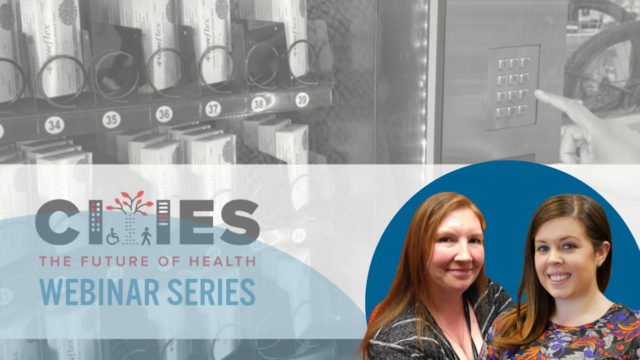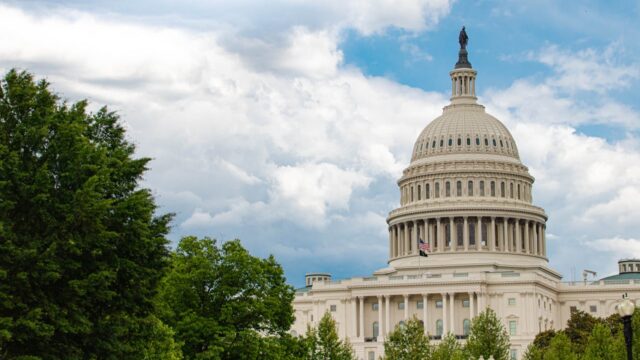ISSUE
Substance Use
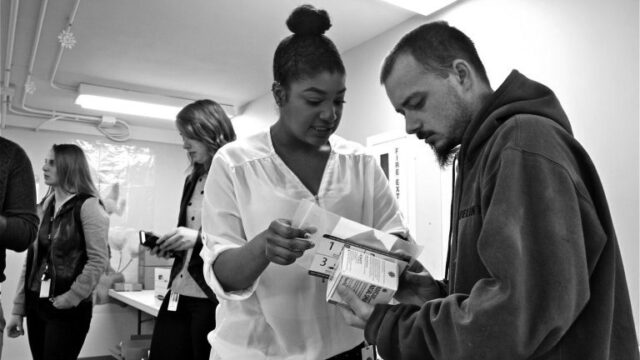
Nearly half of Americans know someone who has experienced a drug overdose. In fact, deaths from drug overdose now outnumber fatal car accidents, contributing to the first sustained drop in life expectancy in the U.S. in decades.
Big city public health officials are on the front lines of this epidemic, implementing solutions to prevent addiction and misuse, connect those in need to treatment, and share education with patients, health care providers and the community.
Policy recommendations
Local communities need additional funding to ensure overdose prevention efforts can stem the tide of drug-related injury and death. Big city health departments are among the first to detect emerging drug trends, identify inequities in fatal and non-fatal overdoses, pinpoint hot spots, fund and provide supportive services rooted in reducing harm to individuals using, hold systemwide convenings, and implement quality improvement initiatives.
We need to take action on overdose
Download the brief We need to take action on overdoseHow public health departments address the overdose crisis
Download the background brief How public health departments address the overdose crisis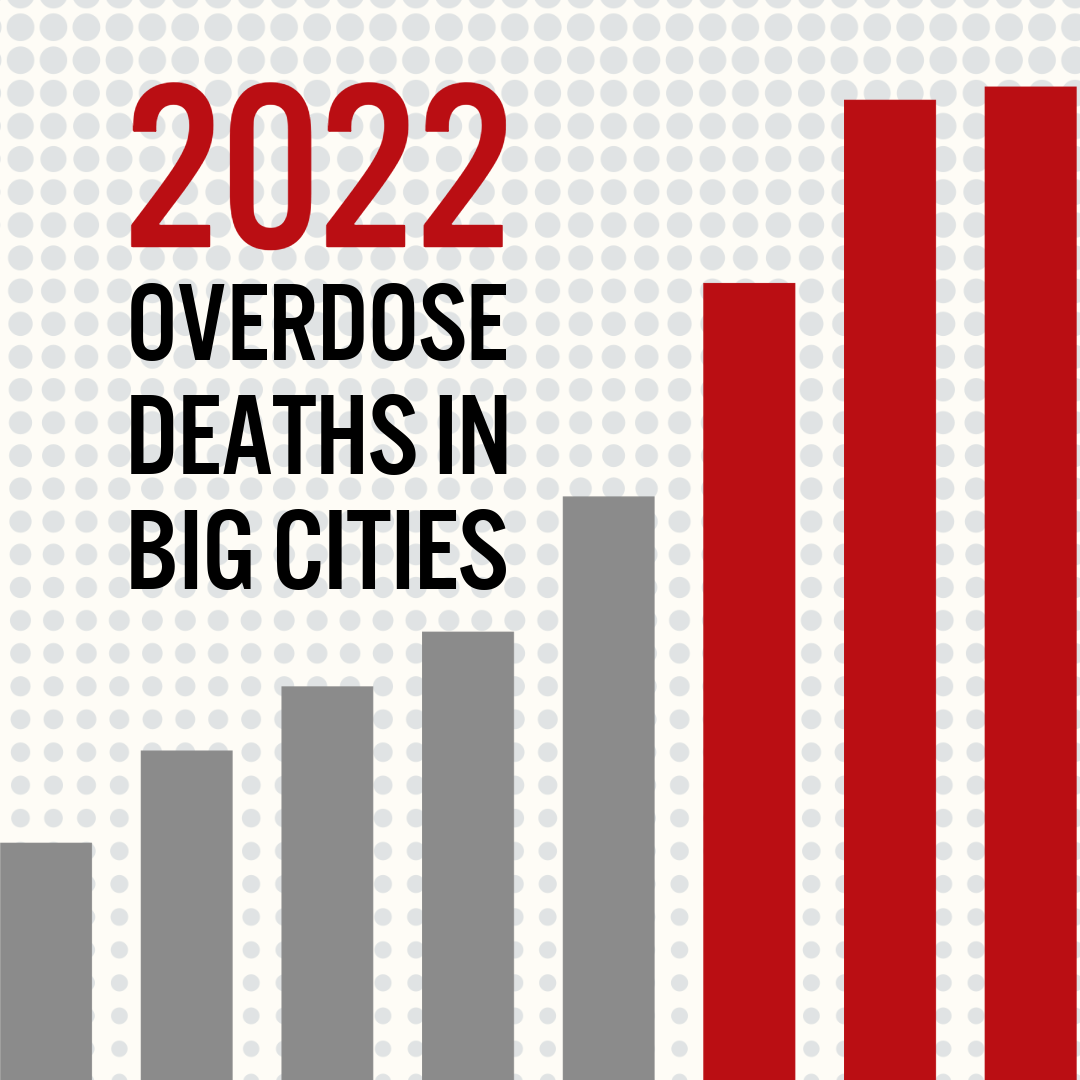
Frontline Blog
Big cities see slowing trend in drug overdose deaths
The most recent city-level data show that the alarming increases in drug overdose deaths from 2020 and 2021 have slowed and may be reversing. Big city health departments need stronger support to continue this positive trend by saving lives, addressing racial inequities, and bolstering our communities’ overall well-being and resilience.
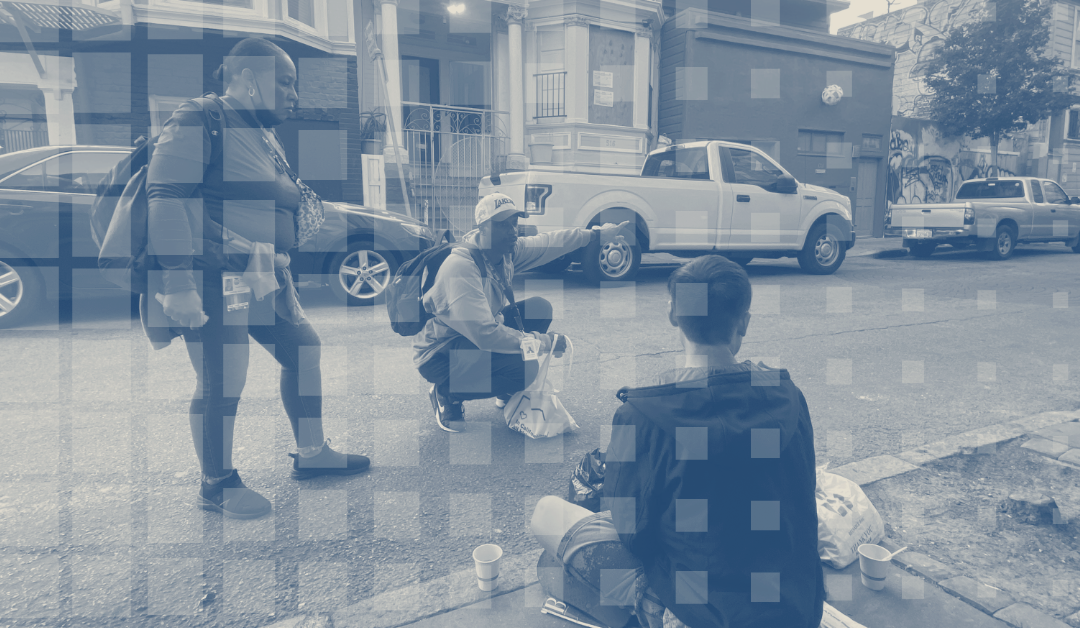
Tool
Supporting local decision makers managing opioid settlement funds: A public health approach
Opioid settlement funds have created an opportunity to strategically invest in evidence-based public health strategies that strengthen communities and address the opioid epidemic. This resource compendium, jointly built with Prevention Institute and other partners, supports local efforts to spend these funds wisely.

Policy Brief
Expand access to medications for opioid use disorder
An estimated 2.5 million Americans live with opioid use disorder but only a fraction receive medication treatment to support their health and recovery. A safe, effective treatment is available – methadone – but too many barriers stand between providers and the people who need their services. We urge Congress to pass the Modernizing Opioid Treatment Access Act, which would pull down these barriers and save lives.
Member spotlight
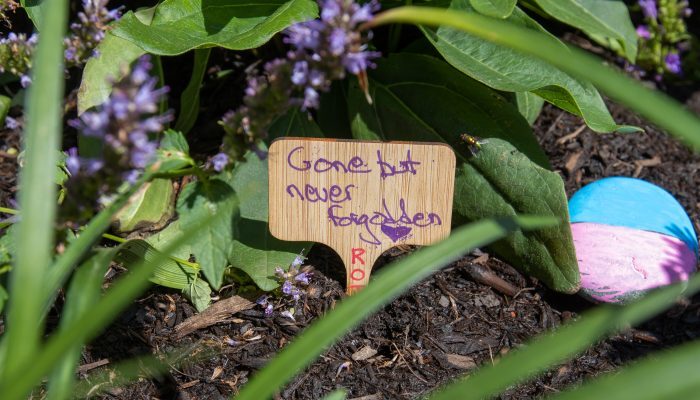
Frontline Blog
Philadelphia’s response to the drug overdose crisis
“The progress the city has made, and its plans for the future, serve as a model for other parts of the country wrestling with the opioid epidemic.”

